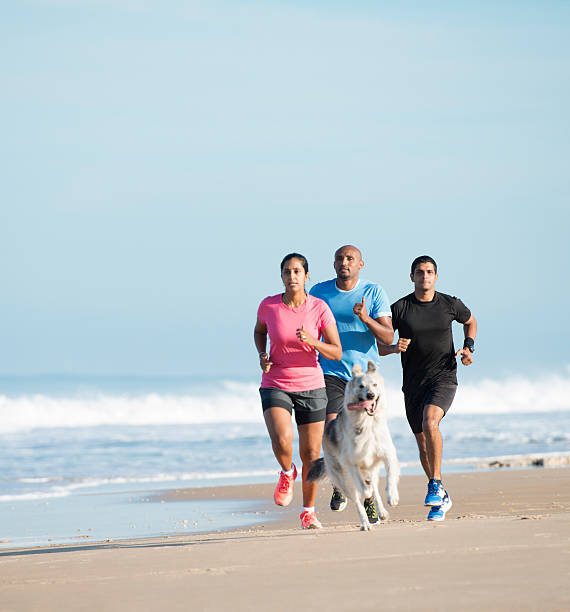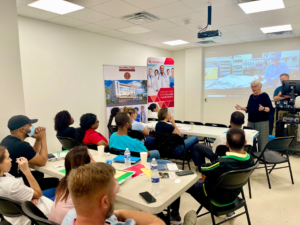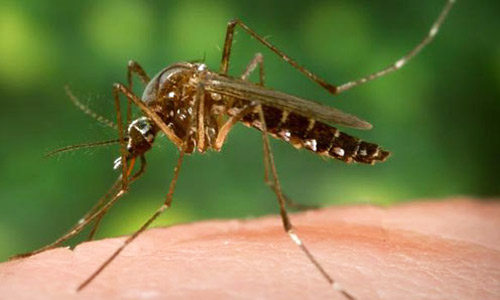MAYO CLINIC – Want to feel better, have more energy and even add years to your life? Just exercise.
The health benefits of regular exercise and physical activity are hard to ignore. Everyone benefits from exercise, regardless of age, sex or physical ability.
Need more convincing to get moving? Check out these seven ways exercise can lead to a happier, healthier you.
1. Exercise controls weight
Exercise can help prevent excess weight gain or help maintain weight loss. When you engage in physical activity, you burn calories. The more intense the activity, the more calories you burn.
Regular trips to the gym are great, but don’t worry if you can’t find a large chunk of time to exercise every day. Any amount of activity is better than none at all. To reap the benefits of exercise, just get more active throughout your day — take the stairs instead of the elevator or rev up your household chores. Consistency is key.
2. Exercise combats health conditions and diseases
Worried about heart disease? Hoping to prevent high blood pressure? No matter what your current weight is, being active boosts high-density lipoprotein (HDL) cholesterol, the “good” cholesterol, and it decreases unhealthy triglycerides. This one-two punch keeps your blood flowing smoothly, which decreases your risk of cardiovascular diseases.
Regular exercise helps prevent or manage many health problems and concerns, including:
- Stroke
- Metabolic syndrome
- High blood pressure
- Type 2 diabetes
- Depression
- Anxiety
- Many types of cancer
- Arthritis
- Falls
It can also help improve cognitive function and helps lower the risk of death from all causes.
3. Exercise improves mood
Need an emotional lift? Or need to blow off some steam after a stressful day? A gym session or brisk walk can help. Physical activity stimulates various brain chemicals that may leave you feeling happier, more relaxed and less anxious.
You may also feel better about your appearance and yourself when you exercise regularly, which can boost your confidence and improve your self-esteem.
4. Exercise boosts energy
Winded by grocery shopping or household chores? Regular physical activity can improve your muscle strength and boost your endurance.
Exercise delivers oxygen and nutrients to your tissues and helps your cardiovascular system work more efficiently. And when your heart and lung health improve, you have more energy to tackle daily chores.
5. Exercise promotes better sleep
Struggling to snooze? Regular physical activity can help you fall asleep faster, get better sleep and deepen your sleep. Just don’t exercise too close to bedtime, or you may be too energized to go to sleep.
6. Exercise puts the spark back into your sex life
Do you feel too tired or too out of shape to enjoy physical intimacy? Regular physical activity can improve energy levels and increase your confidence about your physical appearance, which may boost your sex life.
But there’s even more to it than that. Regular physical activity may enhance arousal for women. And men who exercise regularly are less likely to have problems with erectile dysfunction than are men who don’t exercise.
7. Exercise can be fun … and social!
Exercise and physical activity can be enjoyable. They give you a chance to unwind, enjoy the outdoors or simply engage in activities that make you happy. Physical activity can also help you connect with family or friends in a fun social setting.
So take a dance class, hit the hiking trails or join a soccer team. Find a physical activity you enjoy, and just do it. Bored? Try something new, or do something with friends or family.
The bottom line on exercise
Exercise and physical activity are great ways to feel better, boost your health and have fun. For most healthy adults, the Department of Health and Human Services recommends:
- At least 150 minutes a week of moderate aerobic activity or 75 minutes a week of vigorous aerobic activity, or a combination of moderate and vigorous activity. The guidelines suggest that you spread this exercise throughout the week. Examples include running, walking or swimming. Even small amounts of physical activity are helpful, and accumulated activity throughout the day adds up to provide health benefits.
- Strength training exercises for all major muscle groups at least two times a week. Examples include lifting free weights, using weight machines or doing body-weight training.
Spread your activities throughout the week. If you want to lose weight, meet specific fitness goals or get even more benefits, you may need to ramp up your moderate aerobic activity to 300 minutes or more a week.
Remember to check with your doctor before starting a new exercise program, especially if you have any concerns about your fitness, haven’t exercised for a long time, have chronic health problems, such as heart disease, diabetes or arthritis.
MAYO CLINIC: https://www.mayoclinic.org/healthy-lifestyle/fitness/in-depth/exercise/art-20048389
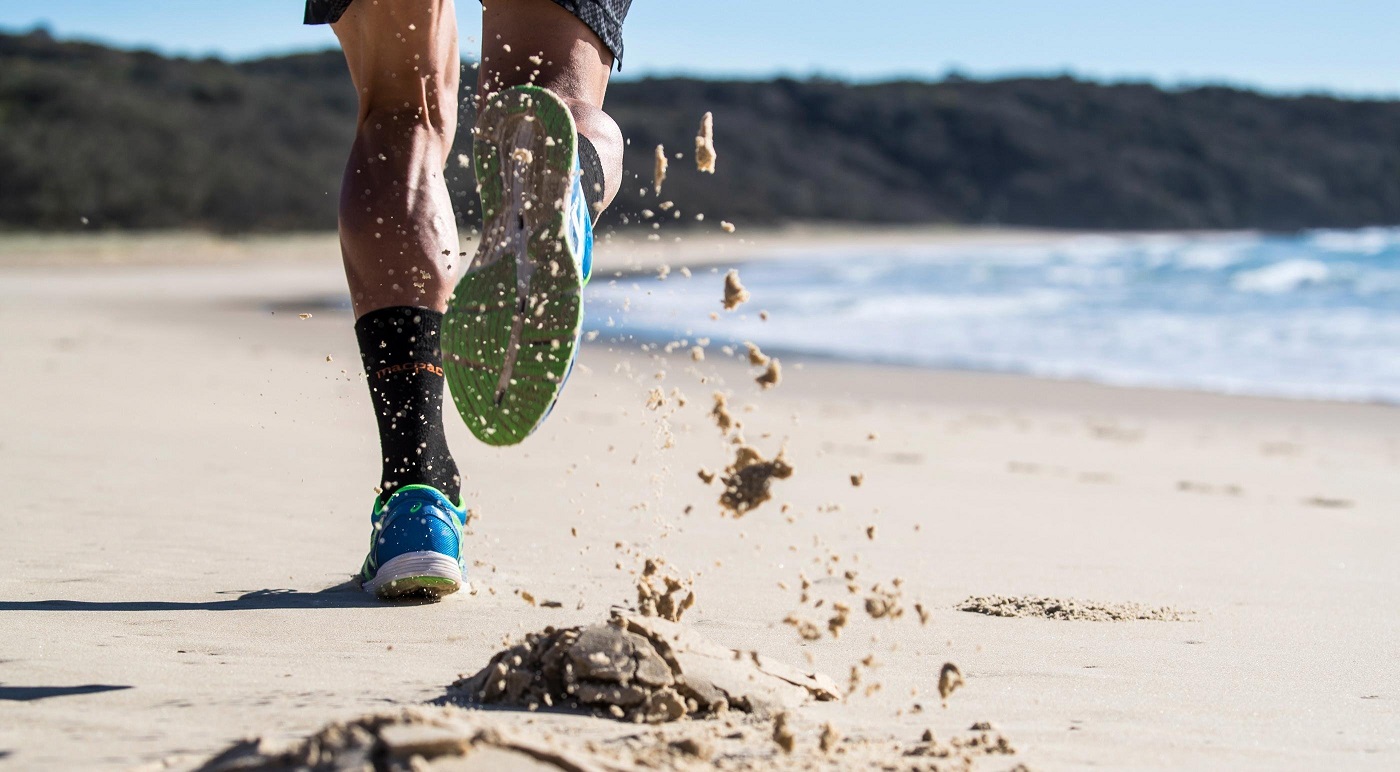

 Caribbean News1 week ago
Caribbean News1 week ago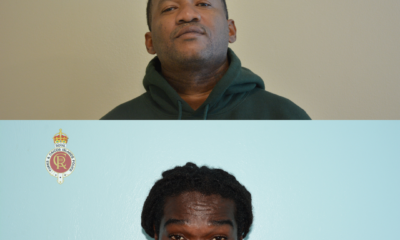
 Crime1 week ago
Crime1 week ago
 Crime1 week ago
Crime1 week ago
 TCI News1 week ago
TCI News1 week ago
 Africa1 week ago
Africa1 week ago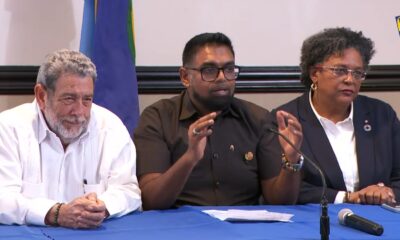
 Caribbean News1 week ago
Caribbean News1 week ago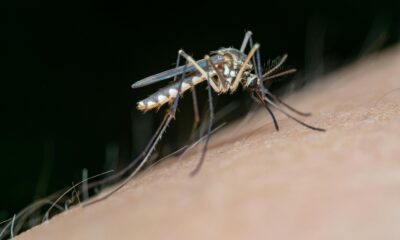
 Health1 week ago
Health1 week ago
 Health1 week ago
Health1 week ago

